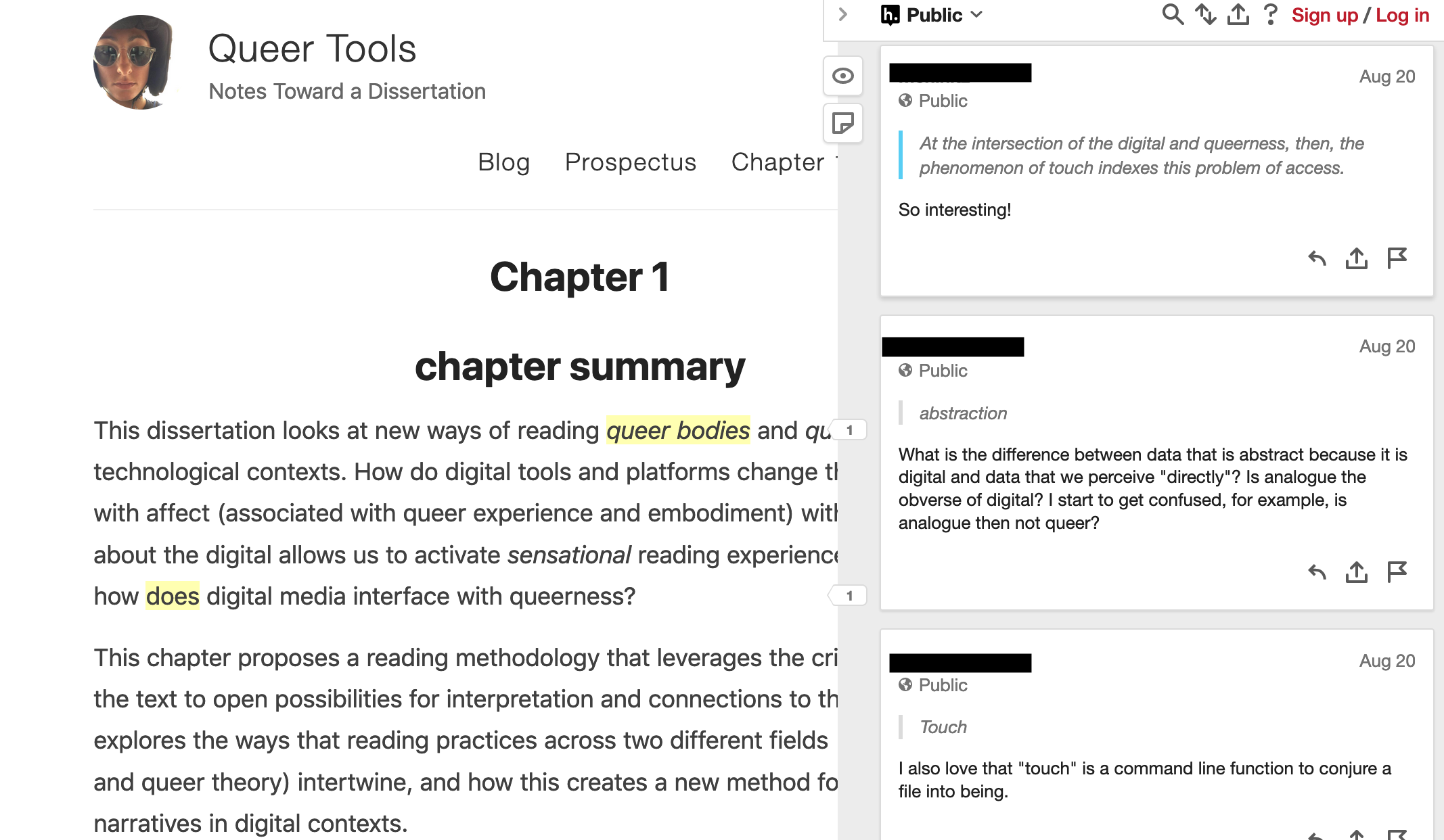
“What are you talking about in there? Smuggling refugee pandas and pythons?” my partner asked, with a bewildered look on her face, in late January 2022. It was day three of the 2022 Graduate Center Digital Research Institute (DRI). Immersed in a workshop about Pandas – a library for the programming language Python – I coded along while learning to transform and analyze a data set on refugee arrivals and placements in the United States. The data, a mixture of textual and numeric information, was fairly simple to analyze. Yet it sounded, to an outsider, like gibberish.
Learning to program is somewhere between learning a new language, and learning a new kind of thinking. Much of what I learned during the Digital Research Institute involved this dual process. The DRI was a chance to learn how to think differently about data, with an emphasis on how computers interpret language (particularly, English). It was engaging, fun, and alleviated anxiety I felt about programming in general, and particularly so performing statistical analyses in R for a final exam in the fall semester. Looking back now, it’s impressive how much I learned in just five days, and how it changed my perspective on programming.
At the Graduate Center, I am a first year PhD student in Social Welfare. I went back to school to understand how large-scale technology changes that occurred during COVID-19 might affect the future of social work. In my field, we perform tasks every day that use digital technologies. Social workers are required to document our services, typically through written reports, or in the instance of medical and mental health services, through evaluations, treatment plans and progress notes. We use computers and smart phones in our client and agency work, we collect and store information about our work using computer systems, and we regularly keep track of our services and client records in databases that are used to generate reports and aggregate information about our services. These reports and the infrastructure that collects and disseminates this data shape the funding and organization of the services we provide, from grants to insurance reimbursement, to policy-making. Many social workers fear the results of these reports, and many organizations ineffectively use reporting and surveillance features – often as dictated by external actors and stakeholders. Computational analysis of social work data also can be used to justify imposing austere forms of management or funding structures on social programs.
Despite this intertwined relationship, the association between social workers and digital technologies is not so clear in the everyday imagination of what a social worker does, nor in a generalized model of what social work research can and should be. The common image is more of an association between social workers, people, and often, piles of paperwork (analog information systems). Many social workers are ‘people’ persons who choose their career paths because of strong interpersonal skills and a desire to work with people who are often on the margins of society – and technology. Many factors shape this perception, including historic underfunding of programs and services making adopting new technologies risky, the risks of service interruption inherent in adopting new technologies, and the costs of training staff who often turnover quickly. So let me tell my story by answering a more general question: Why would a graduate student give up a week of his valued winter break to learn Python?
I enrolled in the Digital Research Institute to pick up some new programming skills, and gain exposure to new ways of thinking. I was interested in using programming (in my case, Python) to analyze language in a digital environment. It relates to my curiosity about how new technologies transform professional and organizational practices. In my professional and educational experience prior to my PhD studies, rarely did I get to interface with digital technologies as a programmer, or look “under the hood” to see how they operate. Yet it became abundantly clear to me that to better understand how technologies work, I needed to understand how to think like a computer system.
The DRI offered an opportunity to learn a mix of computer-based research skills to students across disciplines in a very friendly and encouraging environment, framed in larger social and philosophical concerns to how one approaches the nuts and bolts of programming. As an intensive course of study between semesters, it was a safe space to learn and explore without the pressure of grades and the fear of failure. Rooted in a digital humanities approach to technology, the DRI offered a different lens to thinking about the context and meaning of data and digital information, that situates technology in its historical context. This created a refreshing take on the coding boot camp than an industry-focused approach to rapidly learning new programming skills to position oneself for a better paying job. The DRI’s iteration of an intensive programming learning experience encouraged critical thinking about the constructs of data, the information captured and represented, the historical context in which it emerged and the claims that programmer thinking tended to emphasize or assume. This was a rejuvenating and refreshing approach, and for me, a reminder of why I chose to pursue a doctoral education.
My favorite activity was the introduction to the Natural Language Toolkit (NLTK), a package for natural language processing in Python. In essence, NLTK makes human language readable for computers, translating it into numeric code that it can analyze and manipulate. I found this workshop powerful and thought-provoking, with far-reaching implications for my work and research. Outside of school, I work part-time with a small mental health training institute, where I co-administer their electronic health record database. I also consult with a small social enterprise that provides software services and custom reporting to mental health provider around the United States. In both instances, I see great potential for expanding upon the NLTK basics I learned at the DRI. I also see how research projects could mine case notes and documentation for new patterns and insights, that might help scholars think different about their data.
The ideas generated from my experience in the DRI gave me a lens to think differently about the issues my field faces, and the resources available to examine them. It helped me to imagine ways to collaborate across disciplines, and increase my motivation to attend the Digital Fellows’ user groups when time affords. I noticed, too, that as this semester started and I continued my statistics course and R programming, my anxiety about coding remained significantly lower. I feel far more empowered to play around with programming and digital research tools.






